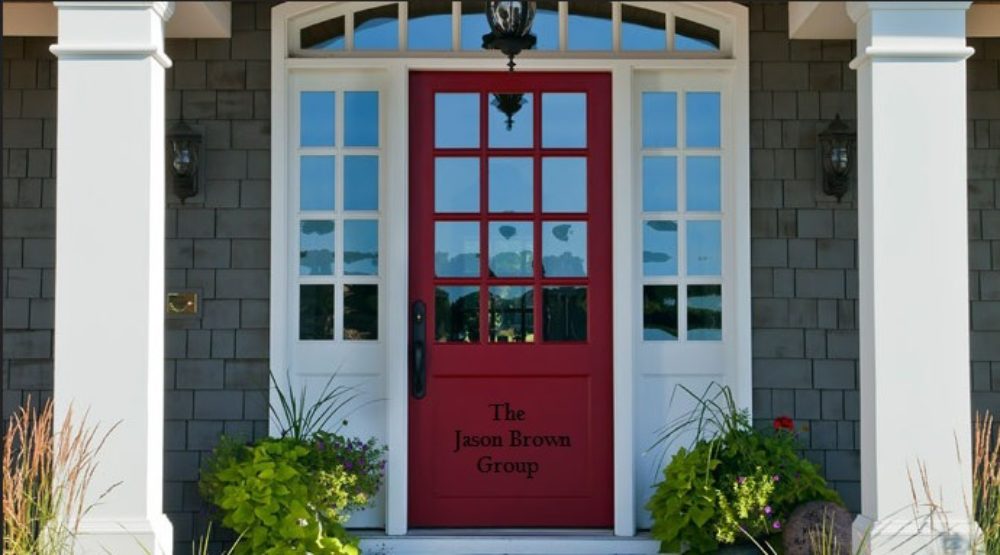Checking The Pulse Of The Kansas City Real Estate Market
Home buyers are looking for the deal of the century so it’s important for serious home sellers to place themselves in the best possible position to achieve success. Far too many home sellers believe the best strategy is to price their home high and hope for an offer to come in. That’s a tough strategy in a seller’s market and simply isn’t working a buyer’s market. Other area home sellers are pricing their homes right at perceived market value when comparing their homes to the rest of the listings on the market. However due to our current market and fewer buyers being present in the marketplace, the buyers who are shopping for homes are expecting a deal. So pricing at market value today may not illicit any buyer response.
While many buyers will be looking closely at the price of the other area homes for sale, a good buyer’s agent and the appraiser (who will be appraising the home later) will both be looking instead at the comparable SOLD homes. So to get a home sold quickly and for top dollar, home sellers should look closely at what comparable homes have sold for recently and price their homes at or slightly below a value based on that information. Doing so will keep you a step ahead of the competition and will have your competition adjusting their price to match you, rather than you chasing them on pricing. This is important because the next buyer who comes into your neighborhood is probably going to be most interested in the best priced home. If you aren’t THAT home, you’re likely just going to help competition sell their home.
While some home sellers will view this as potentially underselling their home, the reality is that selling quickly almost always nets the most for a home, while the effects of overpricing are much worse. The home sellers in today’s market who price their homes ahead of the competition are giving themselves an excellent opportunity at a quick sale and for selling the home for the most the market will bear. This is exactly what happened with an Olathe home seller who took my advice, priced their home appropriately, and got it sold in just four days… while the comparable competition in the neighborhood is left wondering what just happened. This seller now gets to move on to the fun part… locating their new home.
Posted by Jason Brown






